 |
| Photo: VOV |
UK: Greeting a Eurasian magpie to avoid bad luck
In UK, it is believed that seeing an alone magpie would be unlucky as that kind of bird often moves in groups. Therefore, people often greet the magpie and some even speak to it to ward off any bad luck. The British believed that by being friendly with the birds, all potential bad luck would be dispelled for their kindness. While it’s unsure if a single magpie is unlucky, it’s also good to try to be kinder to animals anyway.
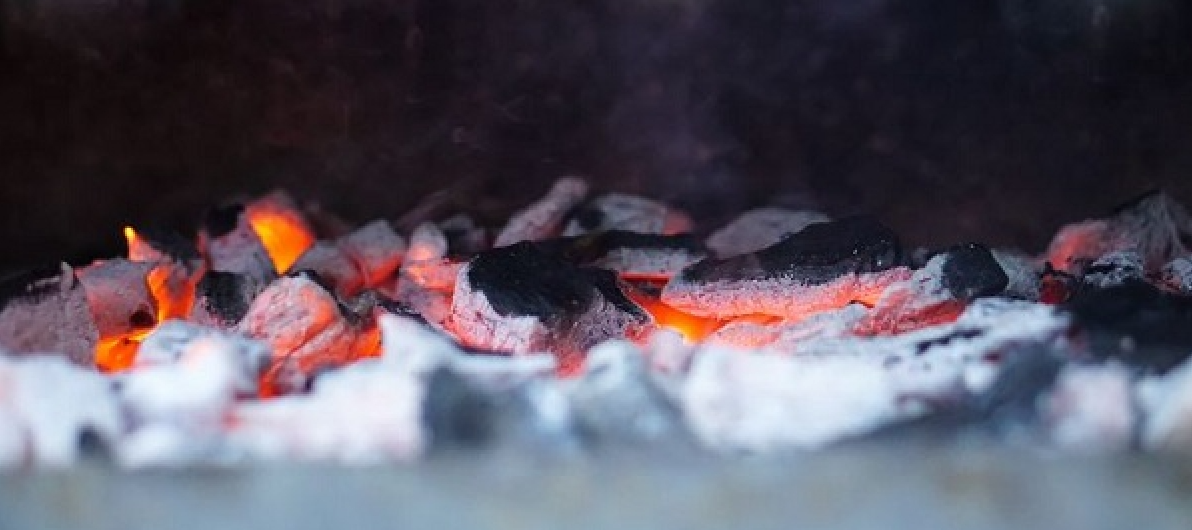 |
| Photo: VOV |
China: Husband carrying his wife on the back and step through hot coals
The custom of husbands carrying wives and walking through a bowl of burning coals exists in some ethnic groups in China. It is believed that, if this custom is carried out before the couple begins their married life, the wife will be fortunate to suffer less pain when giving birth to their children. Others believe this tradition guarantees a stress-free and successful marriage for newlyweds.
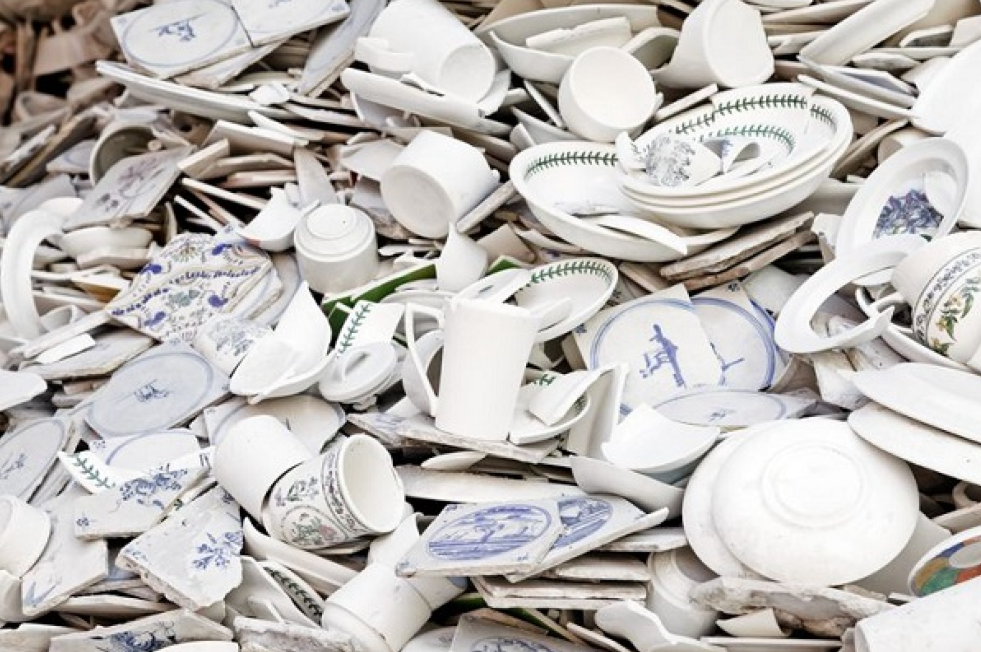 |
| Photo: VOV |
German: Smash porcelain items for fortune
However, the custom is not applied to any kind of porcelain or on any occasion. Breaking porcelain for good luck must be done by the family and friends of a newlywed couple. When the couple gets married, their family and best friends smash the porcelain and let the couple clean up afterward. The meaning behind this tradition is to ensure that the couple can work together, to help them bond, and to show that, despite the chaos of life, they can clean it up. In a way, this is a sweet tradition, though a bit noisy and messy.
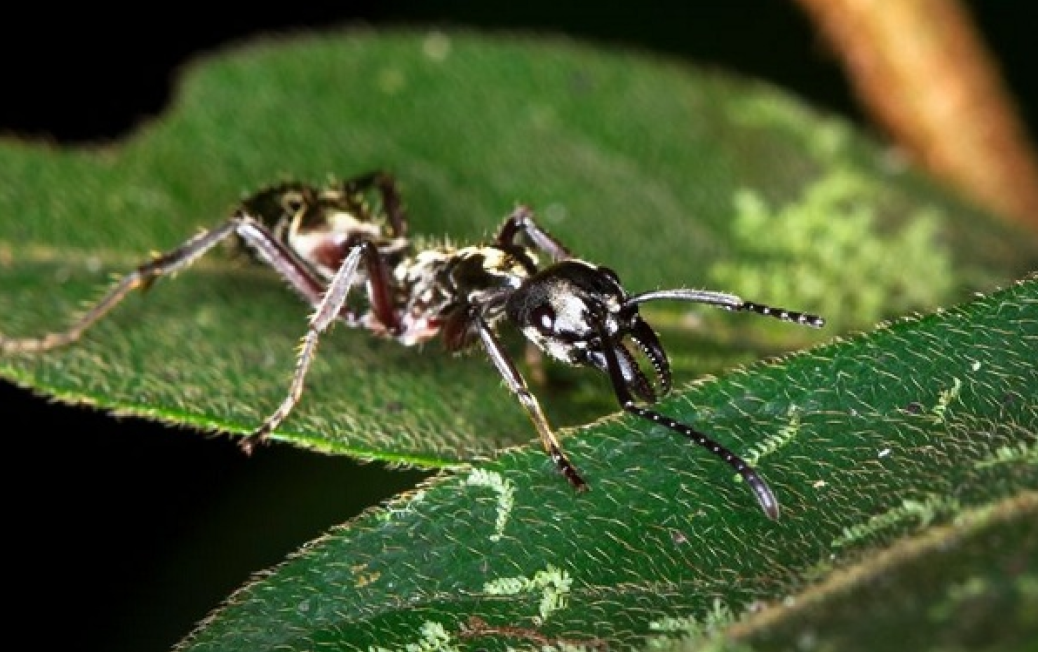 |
| Photo: VOV |
Brazil: Get bitten by bullet ants at maturity celebration
This is a tradition of the Satere-Mawe people living in the Amazon rainforest. It is believed that to become an adult, a boy must go through great pain without a single tear. To do this, the boys at the age of 12 have to wear gloves made of leaves, filled with bullet ants let the ants bite him. The bullet ant has a fairly strong venom, and its sting can cause sharp pain that feels like being shot by a bullet. Boys have to prove that they can endure these pains without crying, and if they pass this ritual, they will be recognized as adults.
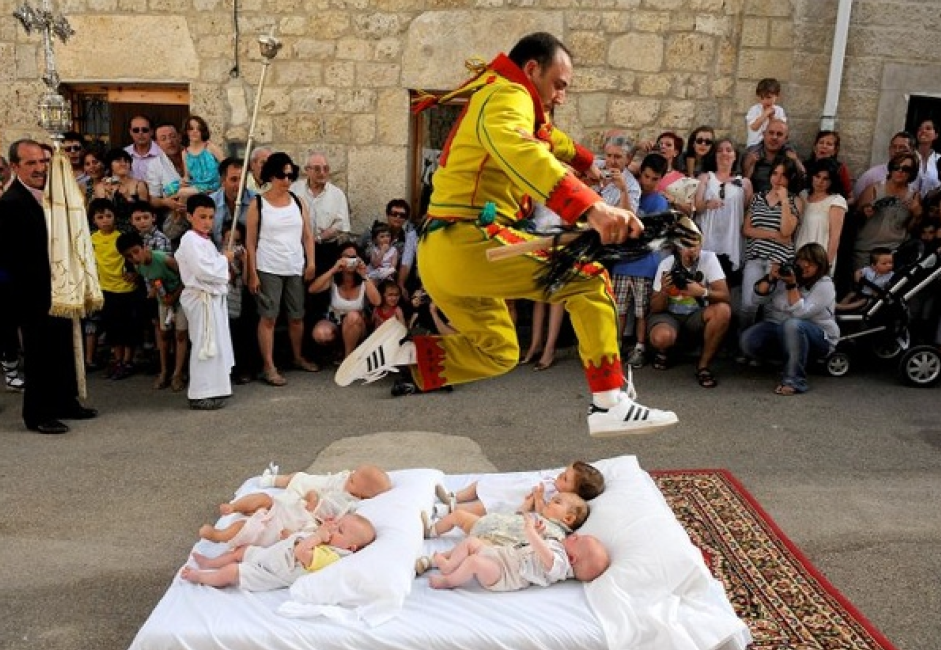 |
| Photo: VOV |
Spain: Jump over babies to scare away demons
This tradition takes place in the village of Castrillo de Murcia in the city of Sasamón, known as the El Colacho festival. People will wear red and yellow outfits and mask and jump over new babies born within the previous year, carefully laid down on a mattress spread on the ground. Although this may not seem safe, it is widely believed that the ritual will keep the devil away from children. After the jump, rose petals are spread around the babies. This tradition dates back to the 1600s and is still preserved today.
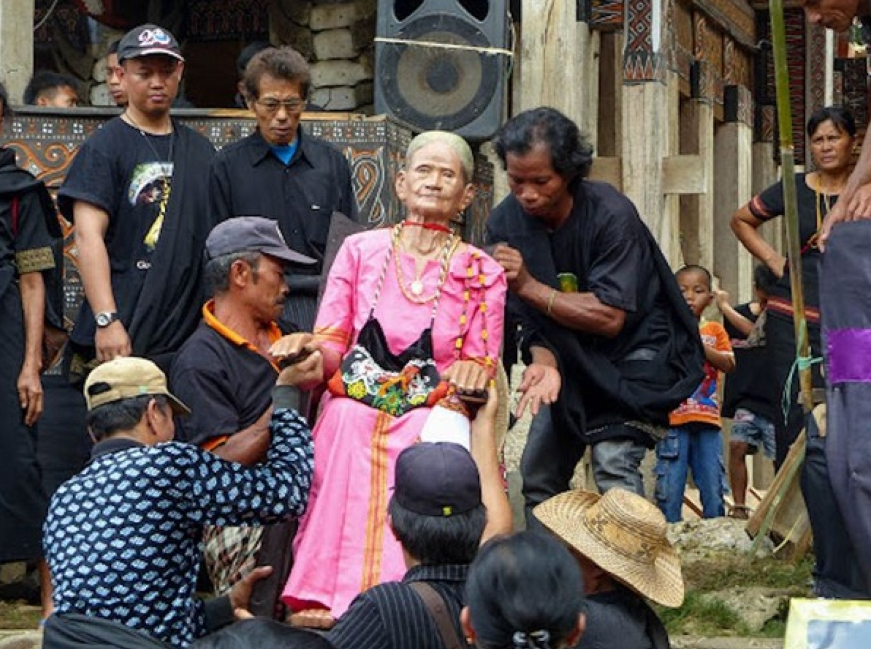 |
| Photo: VOV |
Indonesia: Funeral takes place years after death
In many countries, funerals are held for a short time after someone dies. But in eastern Indonesia, a Toraja’s funeral is sometimes held many years after death. The main reason is that funerals are big events in a person’s life, which can last from a few days to a few weeks, and sometimes it takes the family a lot of time to save enough money. After Toraja person dies, they are kept in the family home instead of in morgues. They are considered more sick or asleep than the deceased and are even symbolically cared for, and fed.
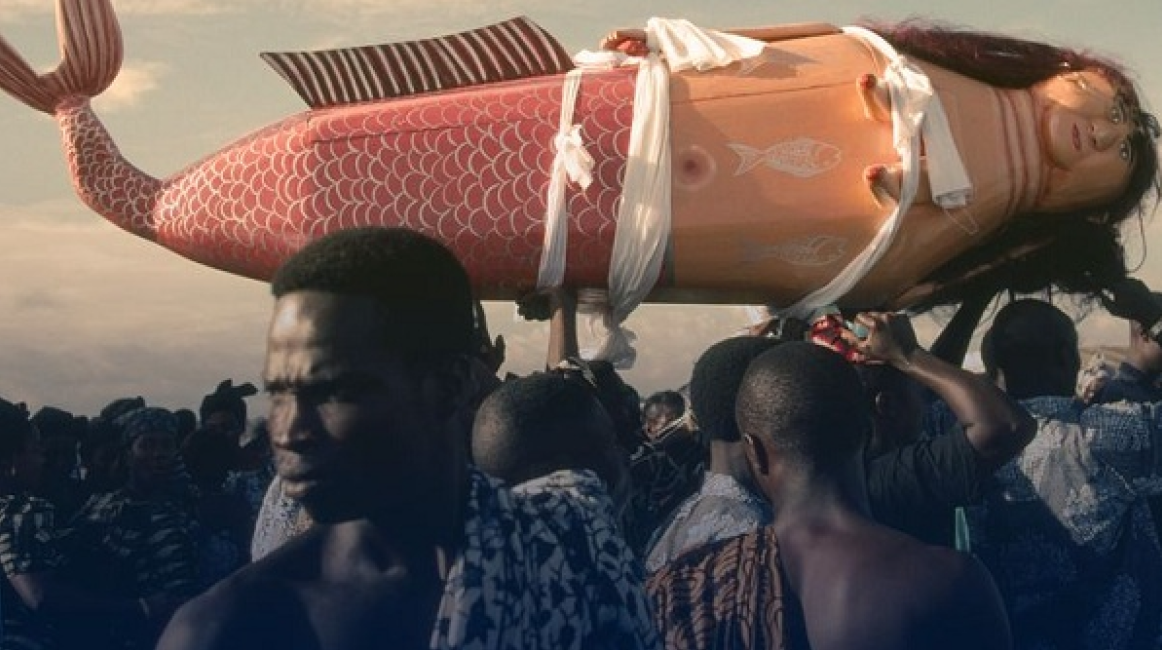 |
| Photo: VOV |
Ghana: The dead are buried in a strange coffin
The idea behind these coffins is for the dead to rest forever in a coffin that represents what they are passionate about or what they achieve. For example, a fisherman can rest in a giant fish-shaped coffin, a businessman can rest in a Mercedes car-shaped coffin.
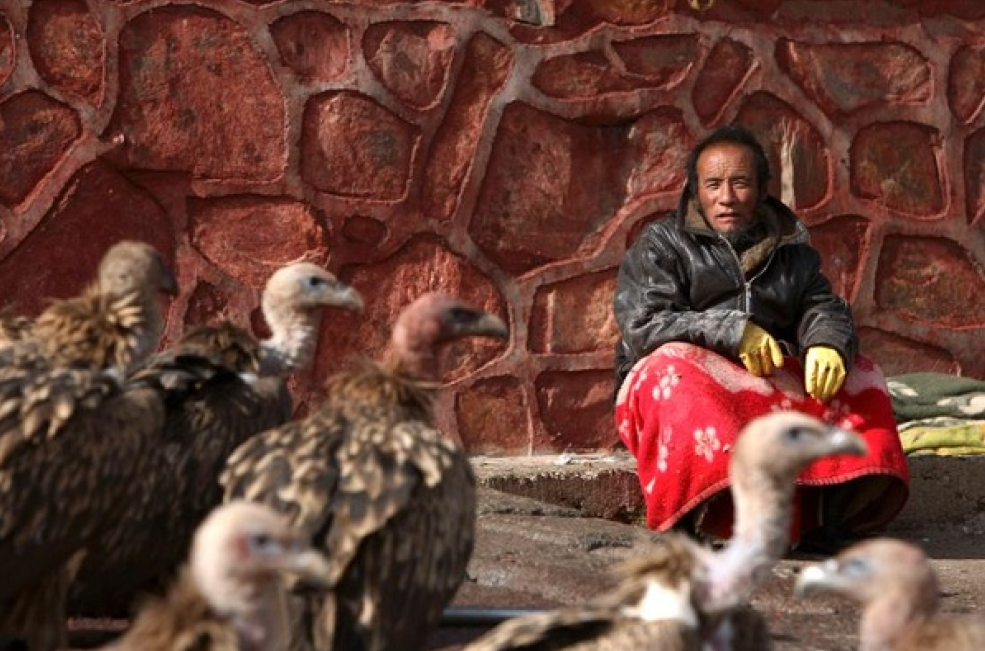 |
Tibet: The custom of “letting the birds handle the dead bodies”
After a person died, their body was cut into pieces and placed on a mountain top for vultures to eat. The belief behind this tradition is that the body becomes an empty vessel upon death and must be returned to earth while the soul continues to move. This practice dates back a long time and is still the most popular method of burial in Tibet today.
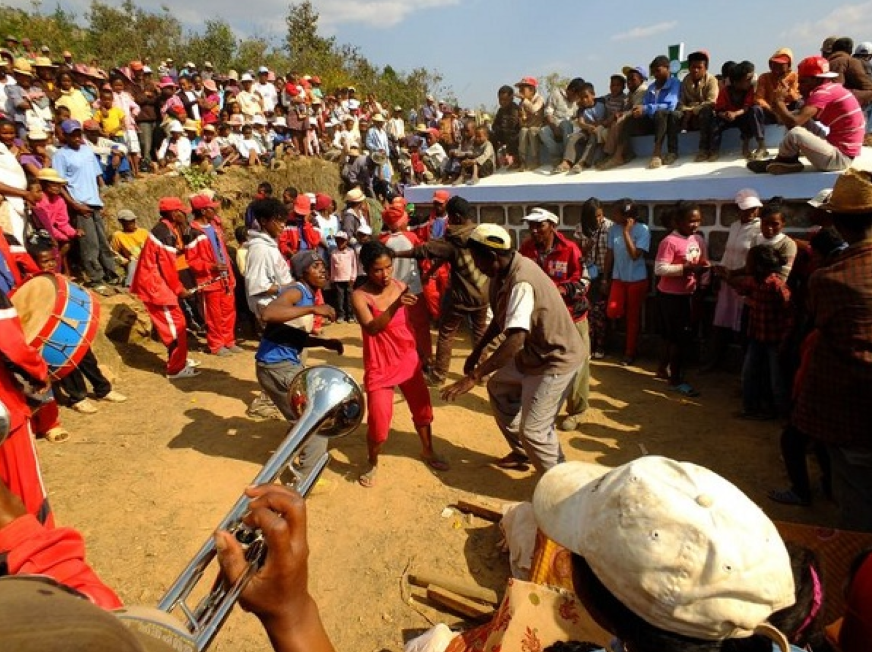 |
| Photo: VOV |
Madagascar: Dance with the dead
Based on the traditional Famadihana ritual, dead bodies are exhumed every 5 – 7 years to celebrate. During the ceremony, the body is watered with wine or perfume and family members dance with them while a band performs. This is the opportunity to update information with the dead. More importantly, during the Famadihana ritual, everyone remembers the deceased and tells stories to keep memories about them alive.
 |
| Photo: VOV |
New Orleans: Jazz bands play in funerals
A band will accompany the funeral of the deceased to congratulate their lives through music. New Orleans’ funerals usually begin at a church or funeral, then parade to the cemetery. When the parade starts, people start to dance and the music gradually becomes more optimistic. Passersby are also encouraged to join in the dance.



